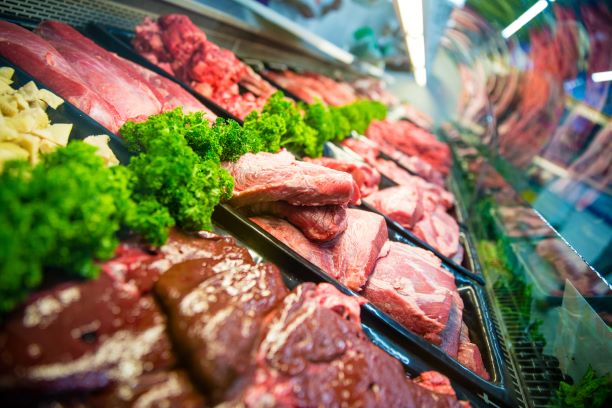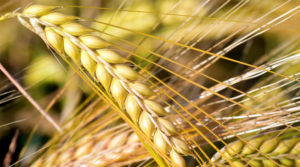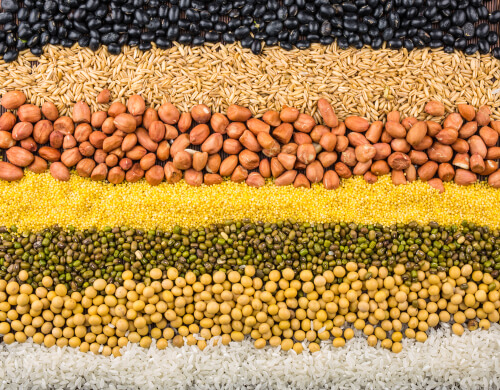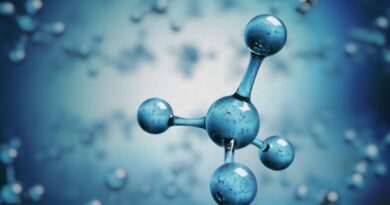Bill Gates Hand Pick 5 business Innovators with high potential impact
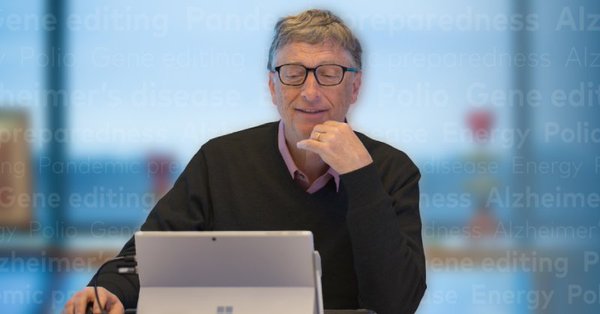
Microsoft co-founder Bill Gates, talking about the greenhouse gas emissions shifted his attention away from power generation to agriculture which according to IPCC is the second highest emitter of green house gas. Agriculture, an industry that accounts for 24% of greenhouse gas emissions is just one percentage point behind electricity generation.
“I wish agricultural innovation got as much attention as the impact on climate change from electricity, because its success is just as critical to stopping climate change.” Gates writes.
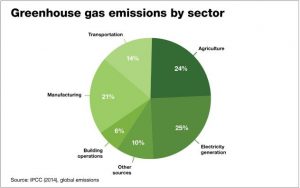
“De-carbonizing the way we generate electricity would be a huge step, but it won’t be enough if we don’t reach zero net emissions from every sector of the economy within 50 years (and make a serious dent in the next ten),” Gates said. “That includes the agriculture, forestry, and land use sector.”
Gates emphasised that innovation is the key to de-carbonizing soil, which contains more carbon dioxide than the atmosphere and all plant life on earth combined, according to his post. He highlights five organizations with new ideas for reducing carbon in soil:
Pivot Bio is genetically modifying microbes to produce the nitrogen plants need without relying on fertilizer, which releases greenhouse gasses into the air.
Kernza has developed a new strain of wheat that grows year-round (as opposed to once a year) and has longer and denser roots as a result. Those roots absorb more carbon dioxide from the soil than traditional wheat.
C16 Biosciences is using fermentation to create a synthetic alternative to palm oil, a big environmental transgressor.
Apeel and Cambridge Crops are developing protective skins to preserve food and cut down on waste.
Babban Gona is a Nigerian business helping farmers to purchase grain silos together, allowing them to store their crops for longer and reduce emissions from waste.
Gates, in conclusion, stated, “There will never be one silver bullet that stops climate change—but I’m hopeful that these innovations and others will chip away at agricultural emissions enough to prevent the worst from happening.”


